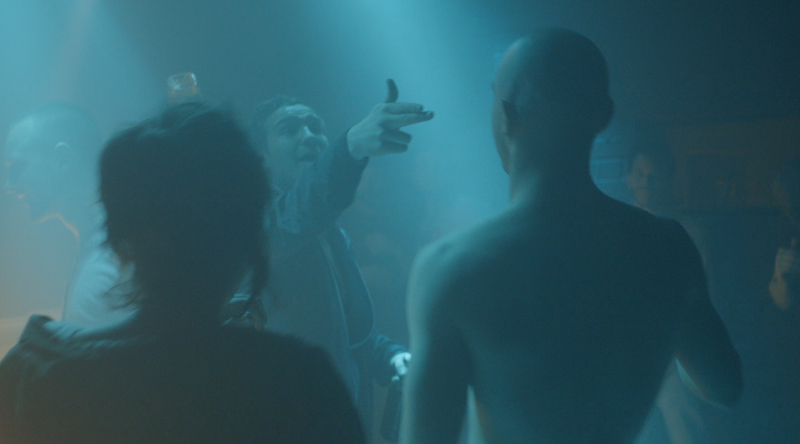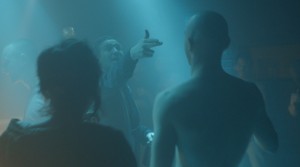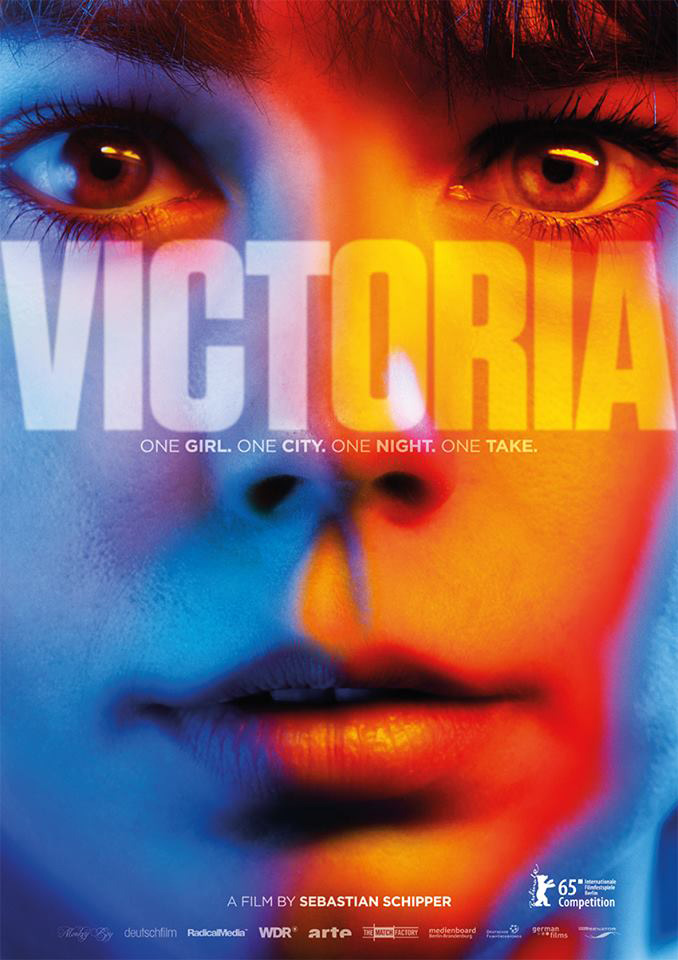Victoria

Deep, dark techno beats provide a fitting opening sequence for German film Victoria, competing for the coveted Golden Bear at this year’s Berlinale. It gives off that familiar chill many feel when entering one of the many dark industrial nightclub dungeons that have come so synonymous with the city of Berlin. 
An almost cinéma vérité style of filmmaking is apparent right from the beginning of the piece as we meet the protagonist and title character Victoria (Laia Costa), following her on her journey into the night.
Victoria, a young Spanish woman, dances through the Berlin scene with abandon. Casually meeting four young men outside the club, Victoria immediately finds a connection with the smooth talking and charismatic Sonne (Frederick Lau). As the night progresses, Victoria strikes up unique friendships with all of the men, explaining that she is new to the city and all alone. These developing friendships are brought to a halt, however, when we learn that in settling an old debt the men must pull off a daring heist. And because one of the men is too drunk, they decide that Victoria, of all people, should take over the role of driver. What began as a friendly encounter suddenly becomes deadly serious.
The striking camera work from Sturla Brandth Grøvlen seamlessly connects the passing of time and numerous locations, placing the audience right in the centre of the action. The arresting score from progressive producer and Berlin-based Nils Frahm proves so important for the film in retelling the audience where the story is set and so acutely setting the mood.
Victoria is an major accomplishment, even if it leaves the festival without its prize. It succeeds in encapsulating a rich and vibrant city, and in telling a story that has the audience almost falling from their seats.
Tim Mead
Victoria does not yet have a UK release date.
Read more of our reviews and interviews from the festival here.
For further information about Berlin Film Festival 2015 visit here.


























Facebook
Twitter
Instagram
YouTube
RSS